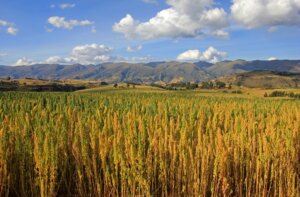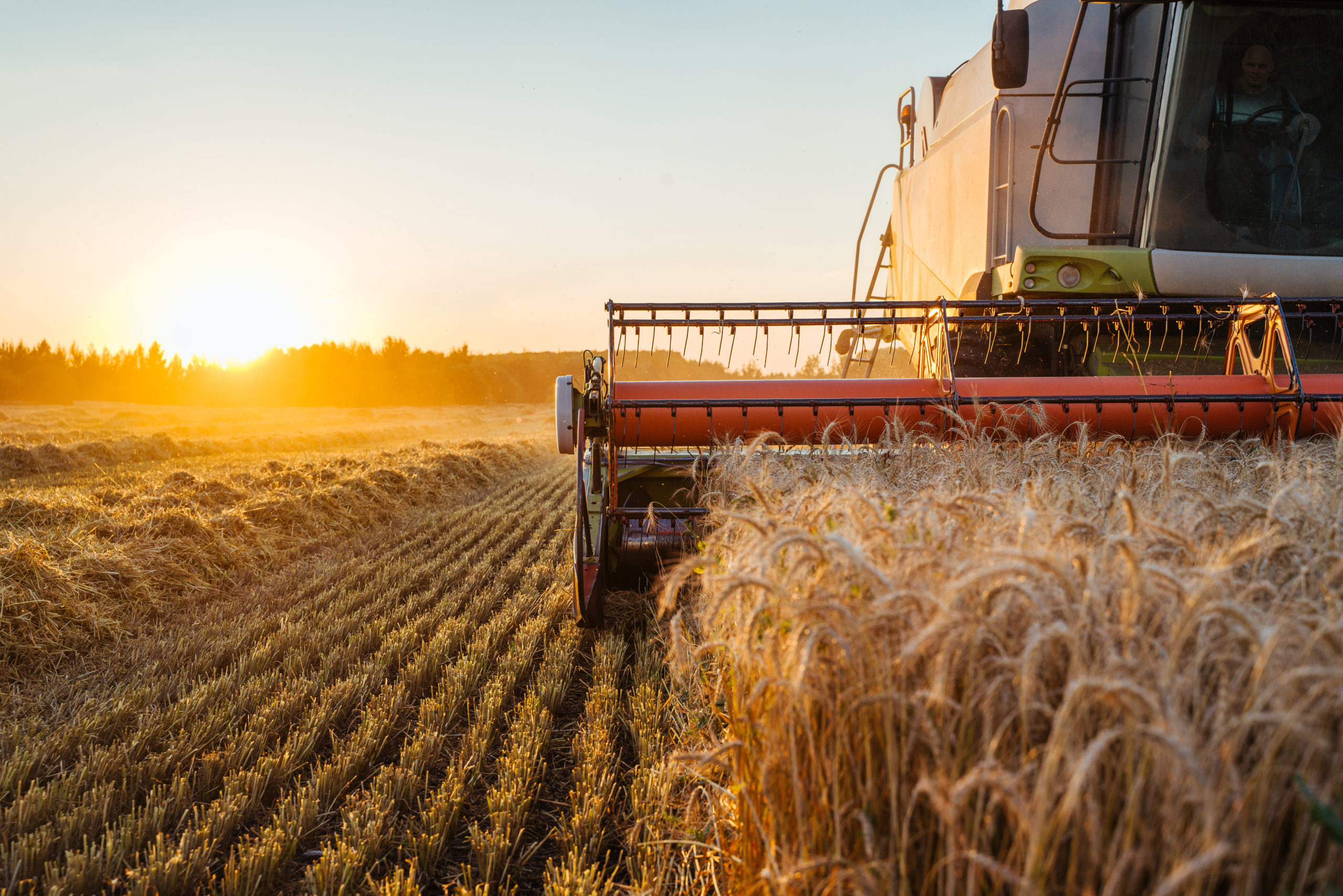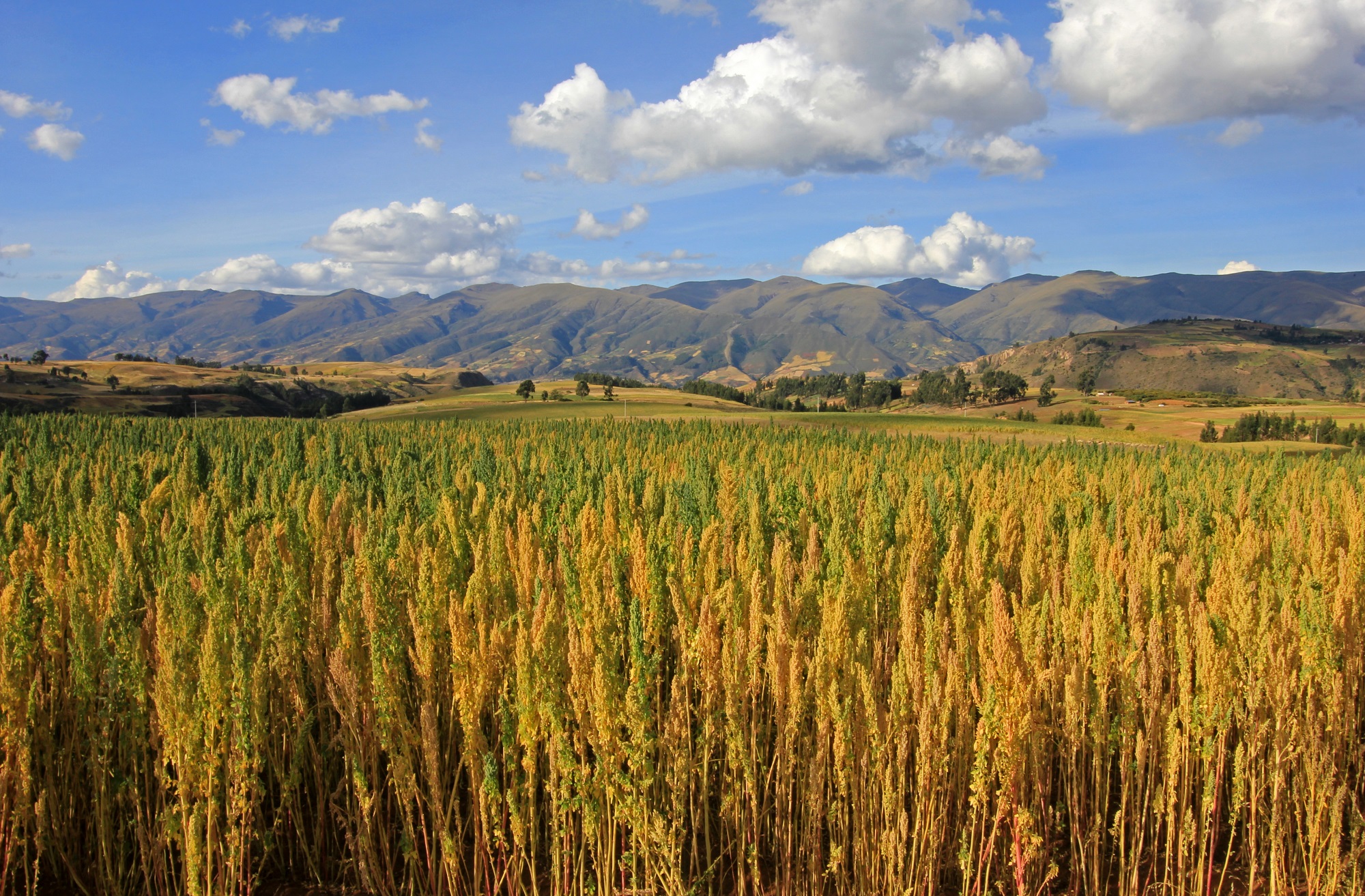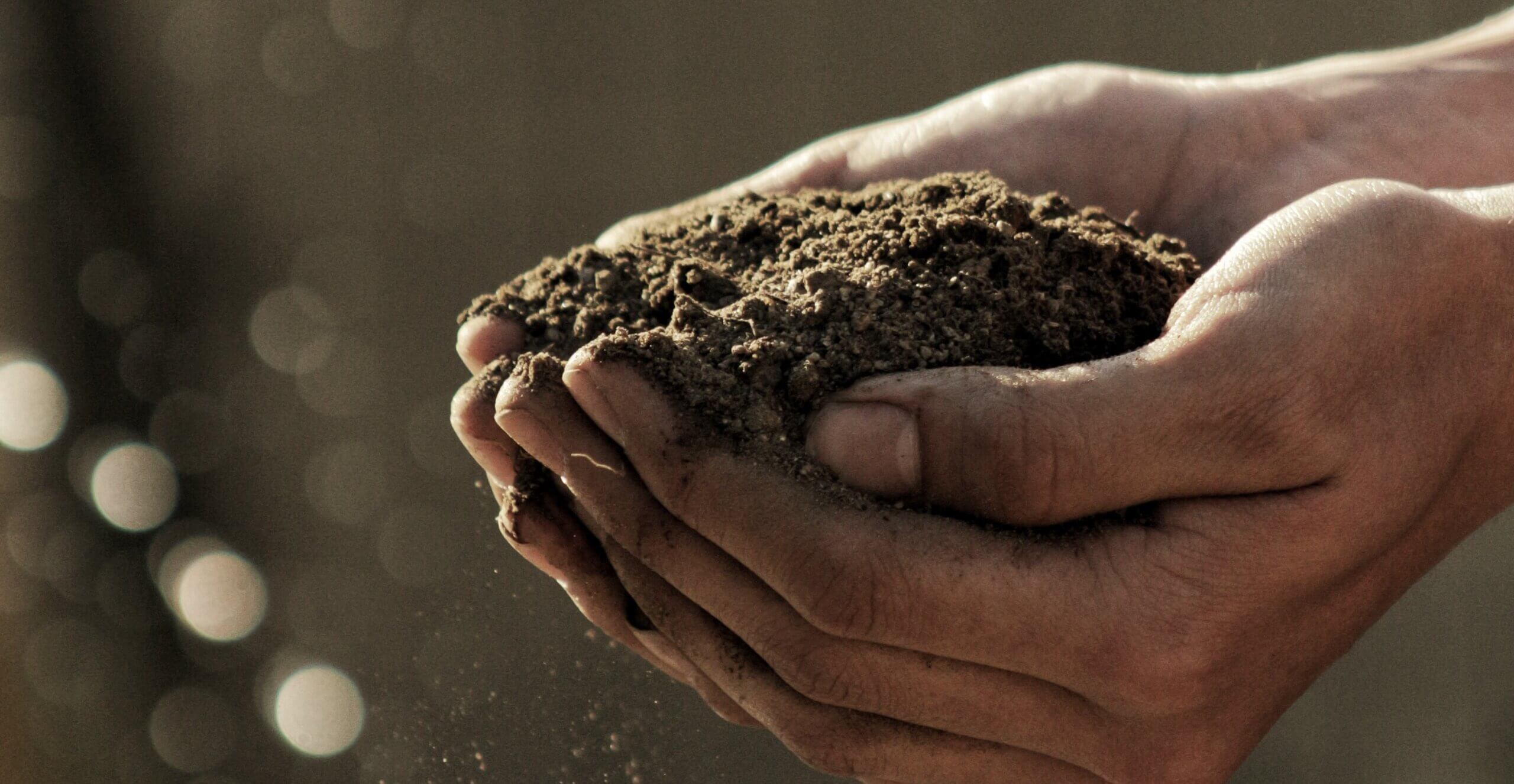Planet Care and sustainability is coming to the forefront of food production. Food production produces more greenhouse emissions, uses more water than all other mankind activities combined.
This matters.
Big multinationals, dare I say it, are being forced to accept that sustainable food production is not only vital, but has huge customer importance.

Too little importance has been give to the likes of Norman Borlaug, https://www.nobelprize.org/prizes/peace/1970/borlaug/article/ who won the Noble peace Prize in 1970 for his work in biotechnology which raised the production in the fields, saving possibly billions of lives. It has been controversial too, because of the earlier reliance on genetic engineering and chemicals. However, people need feeding. What about the worlds population of 736,000,000 that is in extreme poverty https://www.worldbank.org/en/topic/poverty/overview They need cheap nutritious and accessible food…. BUT…that is sustainable. The work needs to continue. Biotechnology which produces new hybrids and varieties is ever vital to feed the estimated 8.3 billion people by 2025. We face new challenges of climate change and the need of urgently preserving our forests and marsh lands from the ever increasing demand from farmers, we need increased production, better water management and new techniques for agriculture.
Before we wring our hands and lament the issues, let’s be assured there are solutions. There is enough land on earth to feed the world, in fact enough in agricultural use already, 19.4 million square miles of it to be exact. Anyone that has driven by road from Cordoba Argentina to Bahia Blanca (a distance of approx. 1000 km) will see the POTENTIAL to increase production is immense just in this ‘small’ area of the world.
With proper management and new techniques, organic farms could vastly increase production, especially in the small plot farmers. Add that to the new technologies for the mega farms. Scientists are working on new hybrids which resist drought, that don’t need chemicals, new methods of cultivation, water conservation methods, improved precision machinery with GPS and drones, and it can be done! No one policy will do it alone, all good ideas and initiatives need to be put on the table. What are yours?



